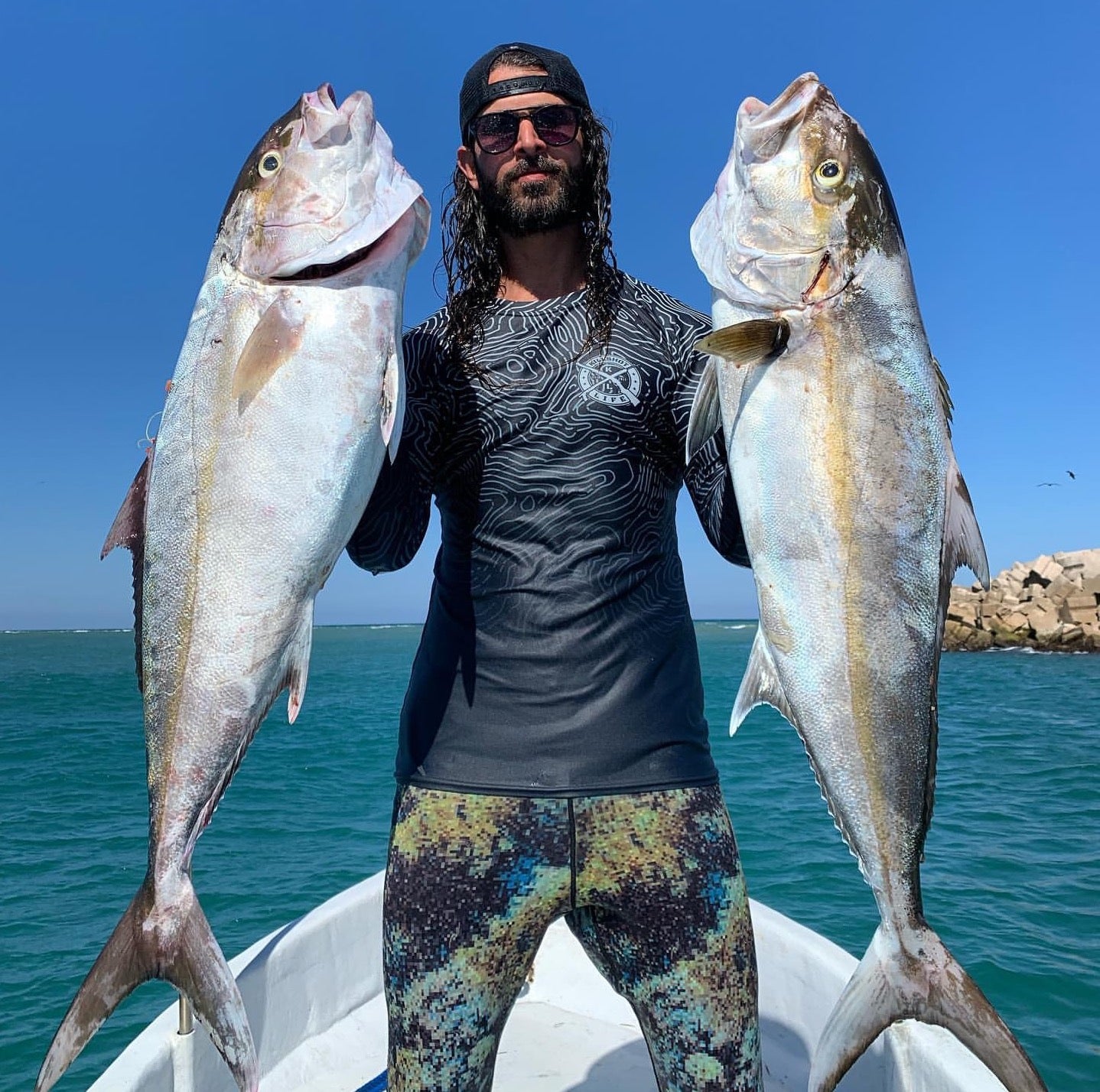Exploring the Benefits of the "Shot, Not Bought" Philosophy
Share

In recent years, a growing movement has emerged among individuals who believe in the philosophy of "Shot, Not Bought." This mindset promotes hunting as a means of procuring food instead of relying solely on store-bought meat. Beyond its culinary advantages, this philosophy encompasses a wide range of benefits, including promoting a healthier diet, supporting conservation efforts, balancing animal populations, enhancing mental well-being, and fostering personal growth. In this article, we will delve into the multifaceted advantages of the "Shot, Not Bought" philosophy.
-
A Healthier Diet: One of the primary benefits of the "Shot, Not Bought" philosophy lies in the production of a healthier diet. Wild game meat is typically leaner and lower in fat than commercially raised livestock. Additionally, hunted meat is free from antibiotics, hormones, and artificial additives commonly found in store-bought meat. By consuming wild game, individuals can enjoy a nutrient-rich protein source while reducing their intake of unhealthy additives.
-
Conservation and Habitat Preservation: Hunters who adhere to the "Shot, Not Bought" philosophy often play an integral role in conservation efforts. These individuals understand the importance of maintaining healthy ecosystems and preserving wildlife habitats. Through hunting licenses and fees, hunters contribute to funding conservation initiatives, which in turn benefit not only the targeted species but also the broader ecosystem. By actively participating in wildlife management, hunters help to ensure the long-term sustainability of animal populations and their habitats.
-
Balancing Animal Populations: In the absence of natural predators, certain animal populations can grow rapidly, leading to imbalances within ecosystems. The "Shot, Not Bought" philosophy advocates for responsible hunting practices to address this issue. By selectively harvesting animals within sustainable limits, hunters help maintain stable and healthy populations. This approach prevents overgrazing, reduces the risk of disease outbreaks, and promotes biodiversity.
-
Mental Health and Connection to Nature: Engaging in hunting activities can have positive effects on mental well-being. Spending time in nature and immersing oneself in the hunting experience provides a respite from the stresses of modern life. It allows individuals to reconnect with the natural world, fostering a sense of calm and tranquility. Moreover, the act of hunting requires patience, focus, and adaptability, which can enhance mental resilience and problem-solving skills.
-
Personal Growth and Self-Sufficiency: The "Shot, Not Bought" philosophy encourages personal growth and self-sufficiency. Learning to hunt and acquiring the necessary skills fosters independence and resourcefulness. Hunters gain knowledge of animal behavior, tracking techniques, and wilderness survival skills. They also develop an understanding of the interconnectedness of ecosystems, deepening their appreciation for nature and their place within it.
Conclusion: The "Shot, Not Bought" philosophy encompasses a range of benefits that extend beyond the mere procurement of food. By choosing to hunt for sustenance, individuals can enjoy a healthier diet, actively contribute to conservation efforts, help balance animal populations, improve mental well-being, and foster personal growth. It is important to note that responsible hunting practices and adherence to local regulations are crucial to ensure the sustainability of wildlife and their habitats.
As our society becomes more disconnected from the sources of our food, embracing the "Shot, Not Bought" philosophy can provide a deeper connection to nature, promote ecological balance, and encourage a more sustainable way of living. Whether one chooses to adopt this philosophy or not, understanding its diverse benefits allows for meaningful discussions surrounding our relationship with the natural world and the choices we make in pursuit of a healthier and more environmentally conscious lifestyle.












